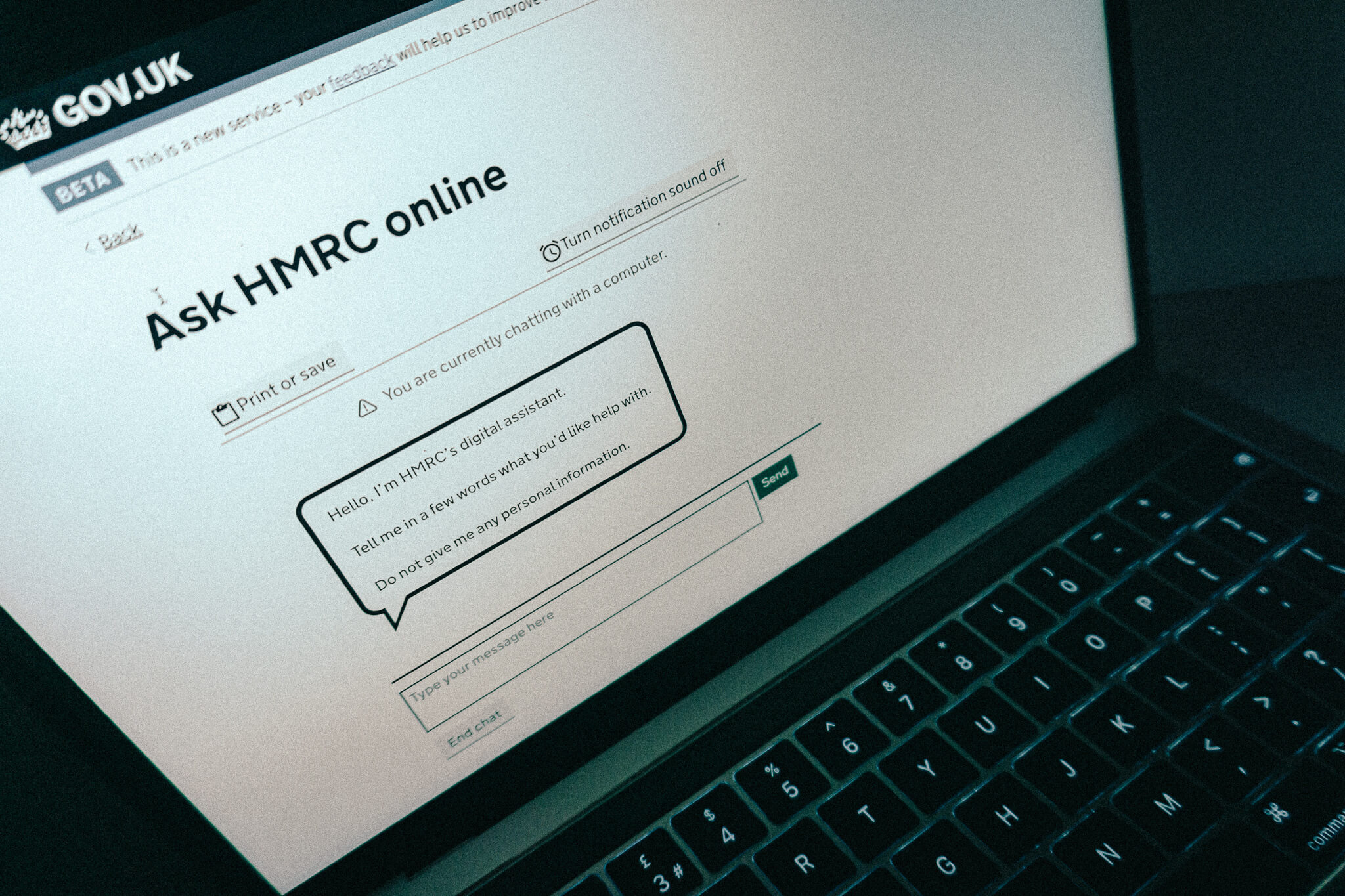Following legal changes, the Office of the Public Guardian is currently working on creating a digital system, including the introduction of new safeguards intended to provide additional protections against fraud
The introduction of new legislation will allow registrations for lasting power of attorney to be made entirely online for the first time.
The Powers of Attorney Act 2023 has now passed into law, having completed its passage through parliament and been granted royal assent. The legislation makes provisions for the existing, largely paper-based system for registering lasting power of attorney to be replaced with a fully digital process.
Such a process is currently being developed by the Office of the Public Guardian (OPG), an agency of the Ministry of Justice with the remit to support the operation of the legal system across England and Wales for those who may be unable to make decisions for themselves. The digital system will include “additional safeguards” which will “strengthen existing fraud protection by allowing checks on the identity of those applying for a lasting power of attorney”, according to the government.
Related content
- Power of attorney service looks to digital future
- MoJ poised to move scores of digital staff out of London
- Digital Leaders’ Download: Ex-HMPPS leader Farrar on how technology was crucial in helping prisons’ pandemic response
“Extensive testing will need to be carried out to ensure the [online[ process is simple to use, works as intended and is secure,” it added. “More information on when it will be available will be published in the coming months.”
Digitisation will also speed up procedures by “picking up errors earlier”, as well as eliminating the need for the processing of about 19 million pieces of paper that are currently created each year by the existing manual system – wherein forms can be created and filled out online, but must then be printed and posted to the OPG.
By registering a lasting power of attorney, citizens can appoint one or more people to help them make decisions about issues such as finances and healthcare – or, if necessary, to make such decisions entirely independently on their behalf. The government indicated that the number of active registrations “increased drastically in recent years” and now stands at more than six million.
Amy Holmes, the Public Guardian for England and Wales, said: “This is a significant milestone in our plans to modernise lasting powers of attorney and we are one step closer to a quicker, more secure and straightforward service. Our focus now is on continuing to develop, test and refine a new online platform and improved paper process to ensure we provide a service that will include additional safeguards and suit the needs of all our customers.”
The OPG indicated that, for those unable to or uncomfortable with using a digital service, “an improved paper process will also be introduced” alongside the digital procedure. Before the online tool is introduced, the organisation said it has ramped up the number of officials deployed to process applications – with the volume of registrations being completed each month having risen by 19,000 when compared pre-pandemic levels.




